Empowered by an Eating Disorder
Finding the cause of an eating disorder can lead you on a journey of self-discovery which can help fix other parts of your life. Paul Hill explains the empowering effect of overcoming an eating disorder.
Obviously, I never speak directly about my clients – who they are or what I help them with.
However, I do share, in very general terms, the types of issues I help people with. This article is drawn from my experience of working with several clients who have turned to me to support them in their fight to break free of any number of eating disorders.
Firstly, it’s important to point out that I am not, and have never claimed to be, a medical professional. I always urge clients to seek medical advice when dealing with any health-related issue and that includes any form of eating disorder or disordered eating.
As a trained Hypnotherapist I am trained to work with clients to find ways to unlock the reasons for their emotional state and change their thought patterns, their self-belief, their self-esteem and their feelings of self-worth.
Did you know…
According to BEAT an average of 149 weeks pass before those experiencing eating disorder symptoms seek help.
A YouGov survey conducted for Eating Disorder Awareness Week found 34% of adults in the UK who responded to the survey, could not name any signs of eating disorders.
The truth is, the sooner people get help, the greater the chance they will make a full, and fast, recovery. Yet it can be incredibly hard for people to admit they have a problem, and just as hard for others to spot.
No amount of research is going to reveal the single most common reason why people develop eating disorders. However, the clients I work with are, without exception, gripped by their condition as a result of emotional baggage or unhelpful self-beliefs about themselves.
These beliefs or thought processes may have been deeply entrenched for many years. And they can’t be ‘fixed’ overnight.
How can Hypnotherapy help?
Over time, I work with these clients to slowly unpick how they think, then understand why they think the way they do, and ultimately to rebuild their emotional state. My primary focus during sessions is learning what the triggers are that have resulted in the condition taking hold in the first place.
We also seek to understand what forces them to go to extraordinary lengths to hide their behaviour, exert extreme control to avoid events that may be perceived as a ‘risk’ to them retaining that control and, possibly most importantly, helping them to understand who they will be if they are no longer defined by their condition.
Redefining the individual
Sounds a bit scary doesn’t it? In many cases, clients have been at the mercy of their condition for such a long time, they really don’t know who they would be without it.
Enabling clients to visualise life beyond the control of their illness is a significant factor in the recovery journey. Confronting fears and root causes can be incredibly painful. They may be holding on to fears, battling body dysmorphia, believe they are not ‘enough’ or that they are only loved and cared for because of their illness. In fact, it’s far from unusual for a whole mix of those things to be at play.
How can Hypnotherapy work?
The process used in hypnotherapy takes the individual to a deep state of relaxation, meaning that they are in a heightened state of awareness. The sub-conscious part of the brain is awake, alert and ready to help. This part of your brain only ever wants to help keep the person safe. By making it receptive and alert, we work on building thought processes and tools that work to achieve that state of safety whilst removing the perception that the eating disorder is a place of safety.
How long does it take?
The complex nature of eating disorders means that we are going to be working together for the long haul. There will be ups and downs along the way and you may even feel that you don’t need more sessions, but later change your mind. I understand that it’s all part of the bigger recovery journey and the pace is led by you.
At the end of each session, together we review how it went and what you felt. Whether you book another or wait and see how you feel is entirely your decision. At this point you will also learn other techniques that you can use on a day to day basis, on your own at home. Based around NLP and CBT, these techniques are specifically designed to combine with the hypnotherapy to reinforce the positive mindset and thought strategies that you’ve learnt during the hypnosis.
I would also highly recommend that your hypnotherapy runs alongside support from your GP, an appropriately qualified dietitian and your family.
